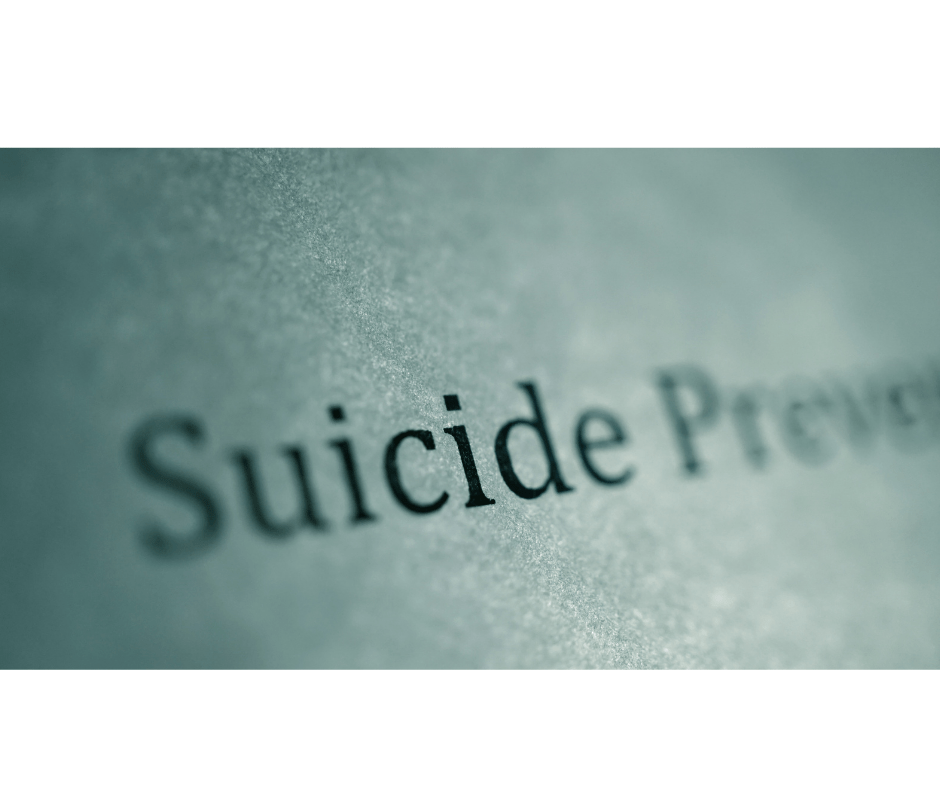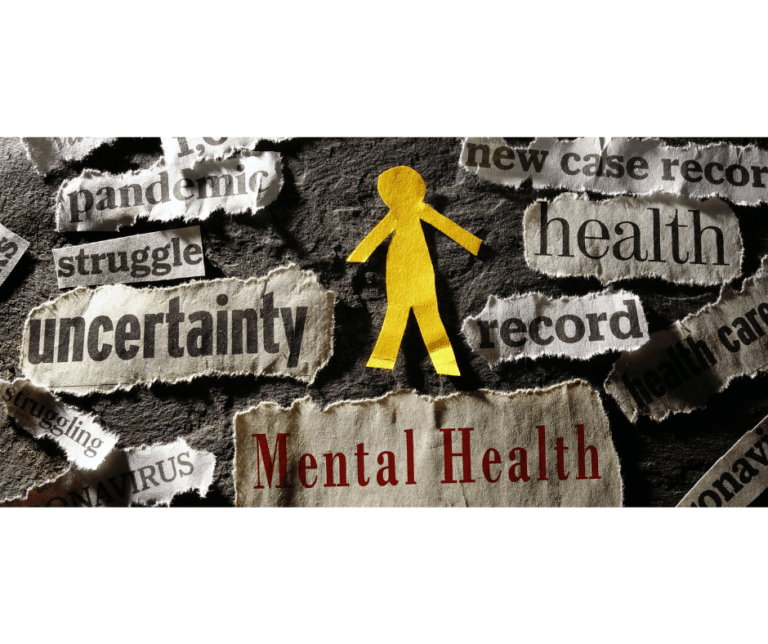By Contributing Writer, Tami V. Allen, MS, LPC
With the recent passing of Chelsie Kryst and Regina King’s son, Ian Alexander, Jr., death by suicide is being more heavily looked at in the African American community. Most people never think it can happen to them until it happens to them. We should not let their deaths be in vain as passing news but we need to educate ourselves about the words and behaviors individuals use before they decide to attempt.
Suicide is the end of the road for depression and other mental health disorders where people feel hopeless, helpless, and at the end of their rope…it’s a long-term solution to a temporary problem. Most times, people can seek medication treatment to improve the depression but some individuals who attempt suicide are more concerned about the stigma of seeking mental health treatment or taking medication and some say they just like taking any kind of medication. I often remind individuals who eat processed foods, smoke marijuana, drink alcohol, or take other medications for physical ailments that these behaviors all alter the mind but the stigma and resistance to taking psychotropic medications still exists.
Some of the most prevalent warning signs of impending suicide attempts are as follows:
- Expression of helplessness or hopelessness and feeling there is no purpose in life
- Expressly talking about killing themselves
- Feeling trapped and that their problems are burdensome to others
- Excessive use of alcohol or drugs
- Excessive sleeping beyond the normal range and staying in the bed most of the day
- Isolating from friends and family
- No pleasure in once enjoyed activities
- Inappropriate calm behavior for the mood
- Giving away cherished items
- Increased irritability and/or reckless behaviors
In addition to warning signs, there are several risk factors to be considered in conjunction with warning signs that are not predicators or causes of suicide, but they are factors in the consideration, attempts, and completion of suicide.
- Depression, bipolar, schizophrenia, anxiety, and some certain disorders
- History of trauma or abuse
- Family history or previous attempts
- Lack of social support
- Lack of access to mental health care
- Exposure to others who have attempted – personal or in the media
- Facing challenges in areas such as relationship, career, or finances
- Easy access to lethal means
What can you do to help yourself, your friend, or your family member who is exhibiting these risk factors and warning signs? Get educated about mental illness and especially suicide and get treatment; ask for help. Take suicide expressions seriously; they are cries for help, not just “attention-seeking behaviors.” Utilize community resources to seek the direction of how to help yourself or your loved one. Lastly, move beyond the stigma and do whatever is needed to take care of your mental health.
Resources:
- Call 911 immediately if you or someone else feels unsafe
- National suicide prevention line: 800-273-8255 www.suicidepreventionlifeline.org
- NIMH – National Institute of Mental Health www.nimh.nih.gov
- SAMHSA – Substance Abuse and Mental Health Services Administration www.samhsa.gov
- NAMI – National Institute on Mental Illness www.nami.org
- DBSA – Depression and Bipolar Support Alliance (provides family support groups) www.dbsalliance.org
For more information about me and my services, please visit my website at www.AllenCounselingGroup.com. You can also reach me by email at Tami@AllenCounselingGroup.com or by phone at 713-597-4499.
Tami Vienn Allen is the owner of Allen Counseling Group and specializes in relationship counseling.
Like and follow the Allen Counseling Group on social media:
FB: @AllenCounseling2017
IG: @AllenCounselingGroup
Twitter: @CounselingAllen








